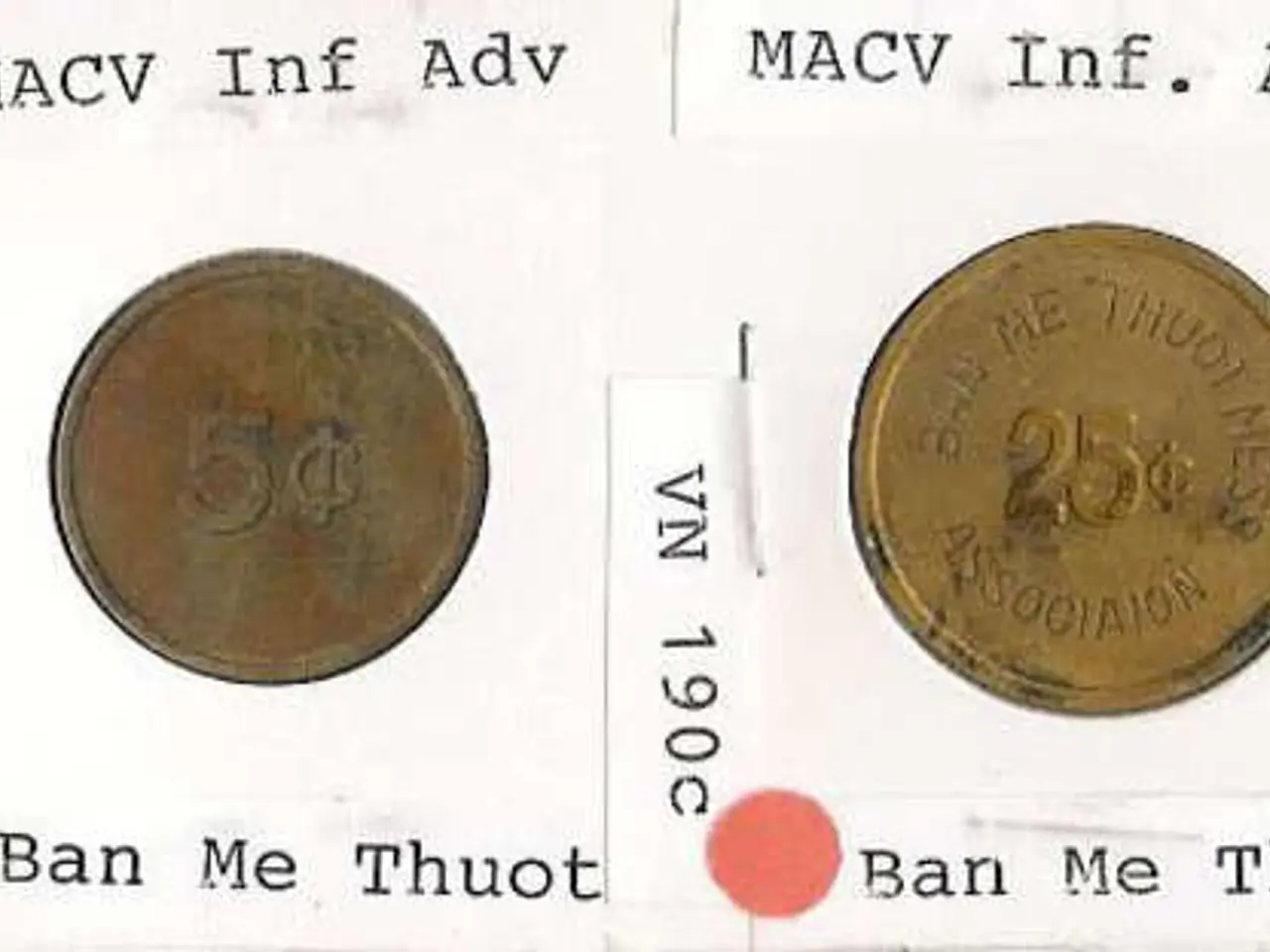Stepping into the Financial Saga: German Catholic Dioceses vs Vatican
Financial strain at the Vatican could potentially lead to a German cardinal being elected as the new Pope.
Let's dive into the intriguing question of whether a German cardinal can become pope! The spotlight is on Munich Archbishop Reinhard Marx, who has been touted as a possible choice due to his financial know-how.
Marx is coordinating the Vatican's economic council, trying to tackle the Holy See's growth in deficit, which reached an alarming 87 million euros in 2024. The financial situation at the Vatican is far from rosy, prompting an unnamed cardinal to express frustration, declaring, "A miracle would be needed."
On the other hand, the Archdiocese of Munich-Freising boasts a prosperous diocese, with a reported surplus of 19 million euros in 2023 and an impressive balance sheet totaling almost 4 billion euros. This, along with his influence from his time as the former chairman of the German Bishops' Conference and his role as an advisor to Pope Francis, could potentially make Marx a candidate for the papacy, according to certain speculations.
But, let's clarify a few things.
While churches in Germany enjoy certain privileges, they are not obliged to reveal their finances, even if public funds are involved. The bishops' conference has made a promise of greater transparency following financial scandals, but key information about the wealth held by different dioceses remains elusive.
As for other dioceses in Germany, the balance sheet for Dresden-Meißen showed a loss of over 2 million euros in 2022, and subsidies set for the eastern dioceses have been decreasing and will likely end completely next year.
The overall wealth of the dioceses is difficult to determine due to the vast network of organizations under the church's umbrella, such as Caritas and religious communities, many of which own real estate. To make matters trickier, the actual value of many church-owned properties, like the famous Cologne Cathedral, often remains hidden behind a symbolic book value.
The political scientist and church critic Carsten Frerk once attempted to estimate the church's wealth; however, he acknowledged its near-impossibility to achieve exact figures.
As the expected church membership declines take effect across Germany, financial challenges like those faced by Dresden-Meißen will likely continue to surface, potentially complicating the potential for a German pope. However, only the cardinals can make the final call on who becomes the next leader of the Catholic Church.
Remember, this text offers a brief insight, and for more specific, up-to-date financial figures and comprehensive status reports on German Catholic dioceses, including the Archdiocese of Munich-Freising, you might want to seek out recent general coverage.
Stay tuned for more updates on this developing story!
- The German Bishops' Conference, under the leadership of Archbishop Reinhard Marx, has pledged greater transparency in response to financial scandals, but key details about the wealth held by individual dioceses remain ambiguous due to a lack of disclosure.
- Churches in Germany operate with certain privileges, yet they are not legally bound to disclose financial records, even when public funds are involved, which adds to the difficulty of determining the overall wealth of the dioceses.
- Whilst the Archdiocese of Munich-Freising enjoys a robust financial position with a reported surplus of 19 million euros in 2023, other dioceses, such as Dresden-Meißen, face financial struggles, with a loss of over 2 million euros in 2022, and an expected cessation of subsidies next year.
- The network of organizations under the church's umbrella, such as Caritas and religious communities, many of which own real estate, contributes to the complexity of determining the value of church assets, as the true value of many properties, like the Cologne Cathedral, are often concealed behind symbolic book values.
- Political scientist and church critic Carsten Frerk has endeavored to estimate the church's wealth, but he conceded the near-impossibility of acquiring exact figures due to the intricacies involved.




